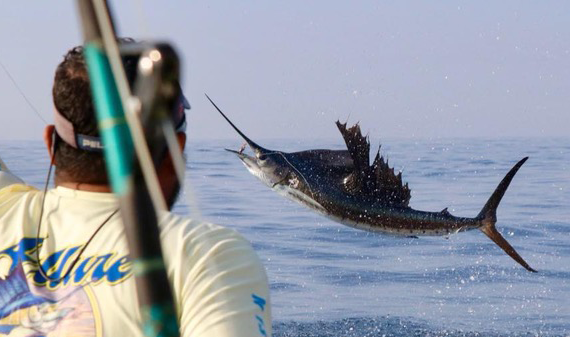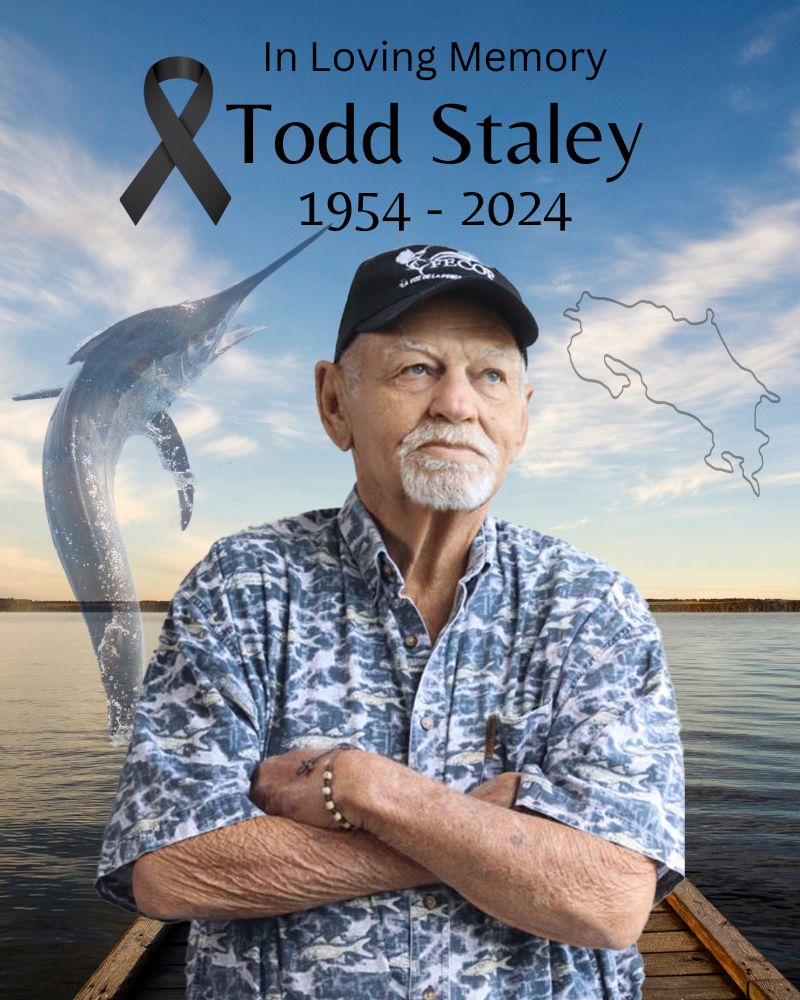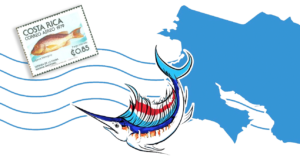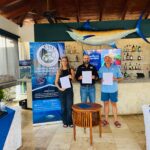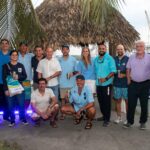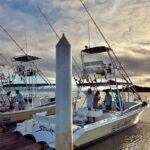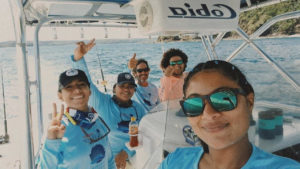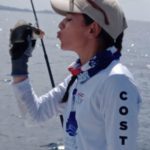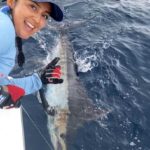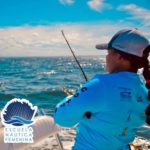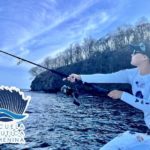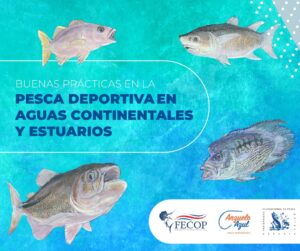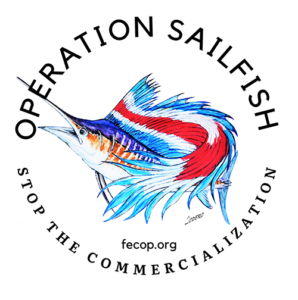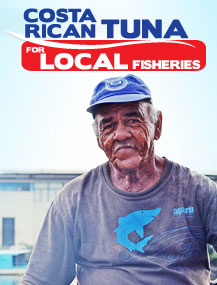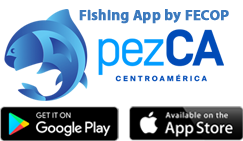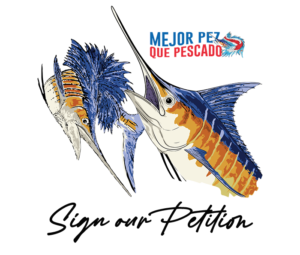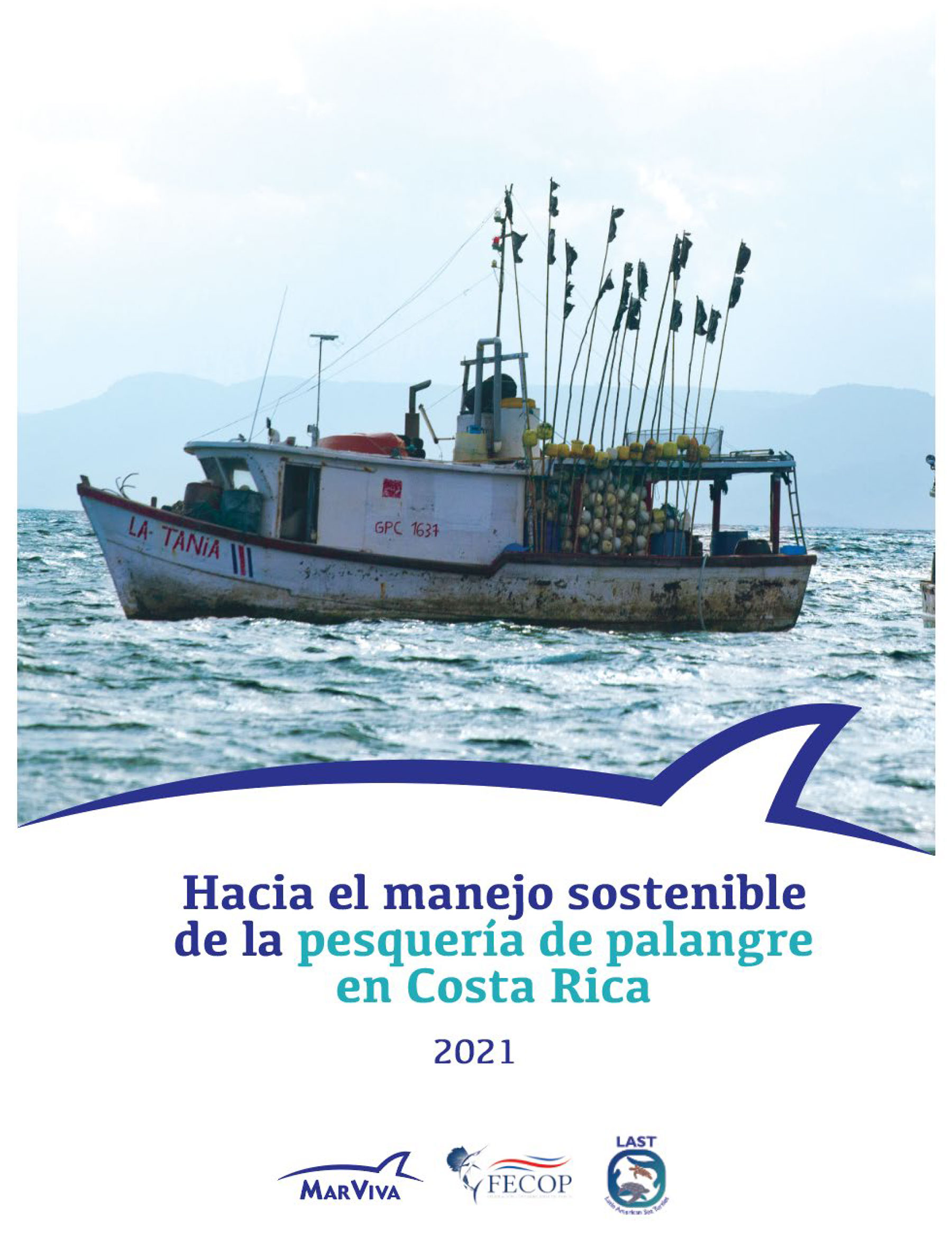Costa Rica’s Charter Fishing Industry: What We Can Do
Postpone, don’t cancel your Costa Ricax fishing charter or fishing lodge

By Elliott Stark
As we all sit here awaiting the world’s return to normalcy, the fact that the world is more connected now than ever before is an inescapable conclusion. Everything is interwoven. Events and decisions that are made in one place can affect many others—even those that live on the opposite side of the world.
While much of this interconnectedness–and the impact that personal choice can have on others– has been focused on the health side of the equation, there are many aspects to consider. Fishing is something that is normally considered an individual activity or one that is accomplished by a small crew of people—after all part of the charm of going fishing is that you’re not doing it at the mall surrounded by 5,000 people.
Unlike the iconic image of a lone fisherman walking down a deserted beach or stream, the sport fishing industry is far from a singular entity. It rather depends on an interconnected web of commerce and purchase decisions made by people across not only the United States, but the world. As with most any business, those within the sportfishing industry rely on a series of transactions to generate the revenue they need to keep going. For many businesses around the world Covid-19 and its associated decreases in travel, consumption, and overall economic activity has interrupted the necessary chain of commerce.
As we wait this deal out, there may be nothing that we can do to speed along the freedom to travel—you couldn’t jump on a plane to your favorite international destination today if you wanted to (even if you flew down there on your own private jet, they might not let you in). There are however decisions that we can make to help sportfishing businesses weather this time of lost income and general uncertainty. For many, the essence of this movement has been captured in the phrase “Postpone, don’t cancel.”
Postpone, Don’t Cancel

Maverick makes a living putting clients on the trip of a lifetime. Maverick Sportfishing Costa Rica.
If you have a trip on the books that has to be moved because of the pandemic, consider postponing it rather than canceling it. This helps charter businesses considerably. Will Drost, who operates Maverick Sportfishing (https://www.mavericksportfish.com/) out of Los Sueños, Costa Rica explains it like this, “For us the best case is for clients to plan long range trips. We know that nothing in our industry hasn’t been affected by this, but we appreciate that most of our clients have been postponing instead of canceling trips. For our situation, everything is in place for postponing trips—airline companies have been issuing credits for displaced travel.”
Captain Kiwi Van Leeuwen who, with his wife, owns and operates the Sailfish Oasis Lodge in Guatemala provides a bit more context. “All of our clients have rescheduled instead of canceled, we are thankful for that. For us, it’s best if clients can reschedule for later this year instead of the same dates next year. If that happens (rescheduling for the same dates next year), we effectively lose those days. We are hopeful to be back in business by October. We feel that the Guatemalan tourist industry is in a relatively good position because the government acted early and closed the borders. We hope that this will mitigate the impact that we feel in the country a bit.”

Captain Kiwi Van Leeuwen’s lodge provides stable employment in Guatemala– in addition to all of the fishing memories it creates. Photo Credit Sailfish Oasis
The Charter Industry is Particularly Vulnerable
The men and women who own and operate charter boats and fishing lodges depend on visiting anglers for their livelihoods. While most within the general public might think of a fishing trip as a vacation– an optional trip that can be cancelled without too much inconvenience, the money spent by charter guests is the lifeblood of charter boat businesses and the livelihoods of those who operate them.
Operators in this segment are particularly impacted by the virus. This impact is felt on two levels. The first and most obvious lies in the impact of the travel ban. If you are physically prevented from visiting an area, you most certainly cannot fish there. This leaves operators and lodges forced to close their doors—even if it is the peak of their season. Have you seen the tuna videos coming out of Venice, Louisiana in the days leading up to when the marina was closed? It was the best it had been in years.
The travel bans, and decreased travel in places where it is not banned outright, effect fishing operators all over the world. Those international lodges that rely on US customers suffer from closed borders. There are also travel restrictions in the states as well—you can’t get into the Florida Keys without proof of residency. Marinas are closed and fishing has ground to a halt in many of the hotbeds of the charter industry—the Gulf Coast of Florida, Venice, Louisiana, Ocean City, Maryland, the Outer Banks, South Florida—you name it.
Restricted travel is but the first level of vulnerability faced by fishing operators. The second layer is less obvious, but no less daunting. For many, a fishing vacation is considered a luxury item. What is the first thing that is cut back when someone feels an economic pinch? Luxury items.
How does that happen? The economic impacts from the pandemic are widespread. Beyond those whose jobs or livelihoods have been directly affected to this point, many others have tightened their purse strings as they worry about what the future holds. Economists describe this level of impact in terms of consumer confidence.
As a general rule, when things are good and consumers (people who buy things) are confident that they will continue to be good into the future, people spend money freely. When consumers face uncertainty—such as that caused by the virus and how long its impacts will last—they tend to spend less money. When they decide to spend less money, the fishing trips and other “optional” items are the first to go. Both of these scenarios- restricted travel and dampened consumer outlook– impact the bottom line when it comes to businesses in the sportfishing space.
What Can You Do?
Let’s start with a couple of conclusions. The men and women who operate sportfishing businesses provide a hell of an important service to all of us. Unless you have your own boat or happen to have a good buddy that does, about the only chance for the average person to fish offshore is by hiring a fishing guide. Many of the people that now currently own boats can trace their desire to purchase one to an experience fishing with a guide or lodge. They are also the type of local, small businesses that every community needs.
The second consideration has two facets: Charter boat owners face bills and overhead whether they are chartering or not. Bills such as dockage, maintenance and overhead must be paid whether there are clients coming down the docks or not. Beyond the fact that bills are due whether clients come or not, charter fishing for many operators is a seasonal affair.
Capt. Adam Peeples (left) supports his family with his Destin, Florida-based charter operation, One Shot Charters. Photo Credit One Shot Charters.
In most places, operators make the bulk of their income for the year during their high seasons. For some—like operators in the Bahamas, places like Destin, Florida that depend on spring break business or sailfish operators in Costa Rica—the high season is now. The effect of closures for these men and women is doubled. Not only are they forced to close now, now may be the time that they earn the money they need for the rest of the year.
Captain Adam Peeples runs One Shot Charters (http://oneshotcharters.com/) in Destin. He explains the situation like this, “The big thing for us is that we don’t know when we can get back to work. Having to refund deposits hurts. The beaches are closed through April 30. Right now I have a good May and June on the books, but if the closures are extended it could really hurt. The optimal situation for us right now would be for customers to be flexible. Without knowing when things will open, if they could reschedule to come down when they’re able that would really help.”

Spring break bottom fishing trips– like those canceled by the Covid-19 pandemic– are a mainstay of the Destin Charter fishing community. Photo credit One Shot Charters.
“The charter community here typically spends quite a bit of money over the winter time getting the boat ready for our spring break business. The average charter guy’s financial situation tends to be pretty tight—you do this because you love it not because you’re going to get super rich. You spend the money in the winter time to recoup it in the spring. The spring break season in Destin is lots of bottom fishing—four and six hour trips, but it’s a lot of business. Being down March and April, I might be down 60 or 70% on the year. Its recoverable if we have a good remainder of the year.”
“The consensus around here is that this is worse than the BP Oil Spill or the recession (of 2008).”
Now is a perfect time to….
If you and your family have been fortunate enough to not have been financially impacted by the pandemic, now might be a good time to consider planning a fishing trip. Thinking about—and better yet starting to plan for—a future fishing trip makes the time of being stuck around the house in quarantine that much more palatable. This is a direct benefit to you.
More than that however, putting a deposit down for a future trip can inject some cash into a local fishing business that could probably really use some about now. You can think of it in whatever terms you like, but the deposit could well be used for groceries or a mortgage payment for your favorite charter captain and his family. Not only can a deposit now inject some cash, having a day booked in the future helps with providing the confidence that every small business owner could use about now—that there is hope for a solid rebound once all of this craziness subsides.
Sometimes things are about fishing. Sometimes they are about humanity. Then there are times when the two interconnect. That fishing and humanity intersect so tangibly shouldn’t be surprising anymore—after all, it seems like just about everything in the world depends on something else these days.

There is no better time to book a charter with your kids. It will be good for the captain you book with and the kids are probably pretty tired of being homeschooled too! Photo Credit One Shot Charters
If we can help you with any charter recommendations in the United States or beyond, shoot us a note…
Related Posts
Where to Go Fishing in April 2020
How to Enjoy a Memorable Costa Rica Fishing Trip
Costa Rica included in list of top global sailfish fishing destinations
You Might Also Like
[post-carousel-pro id=”5407″]
Join Our Mailing List

